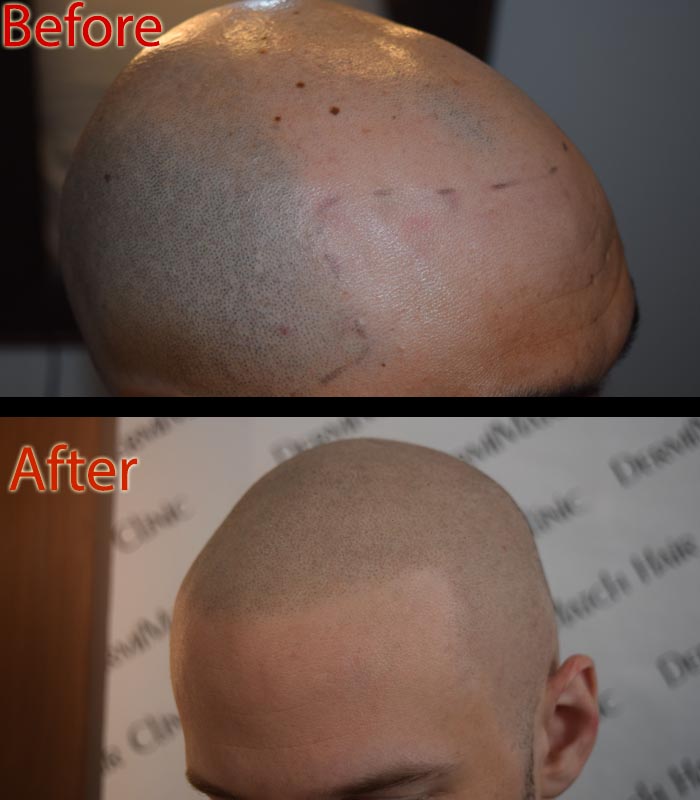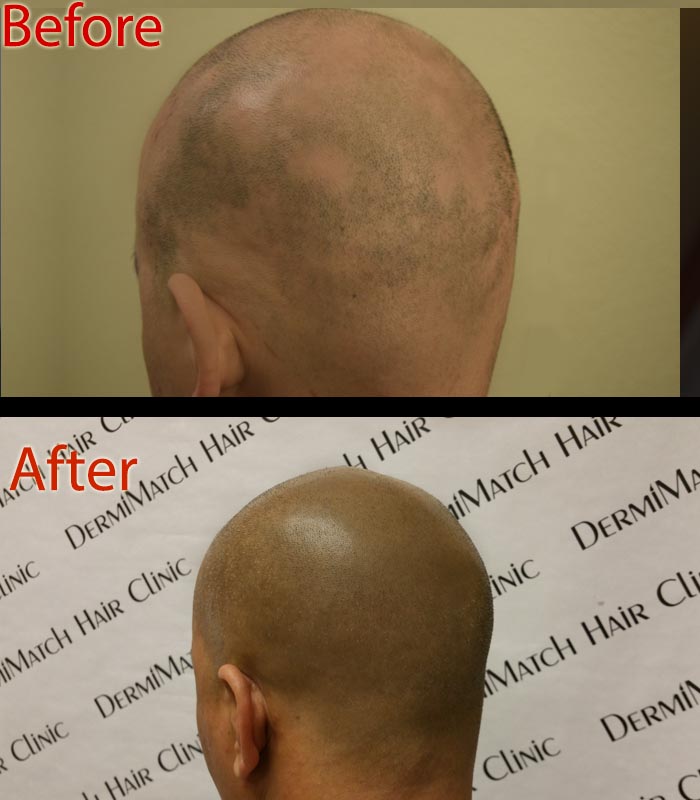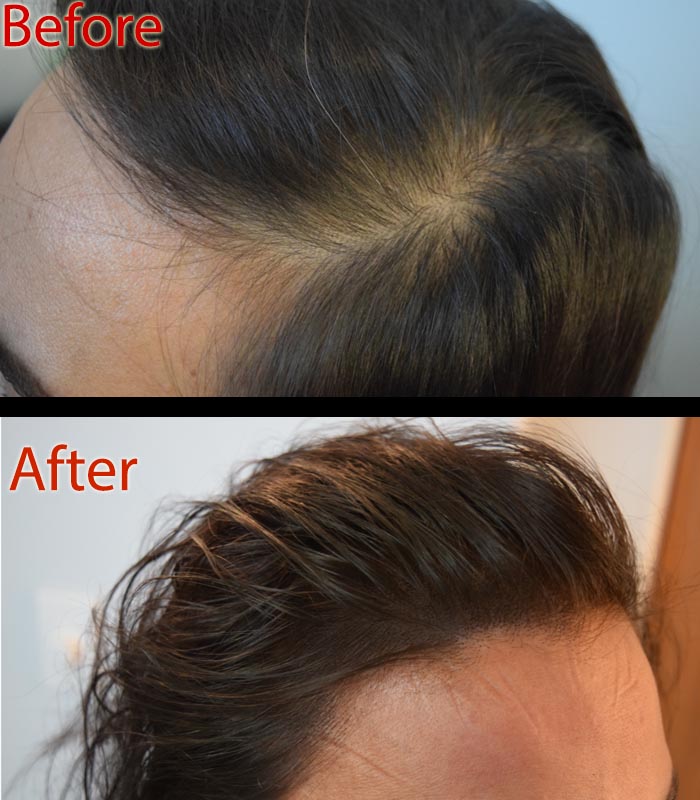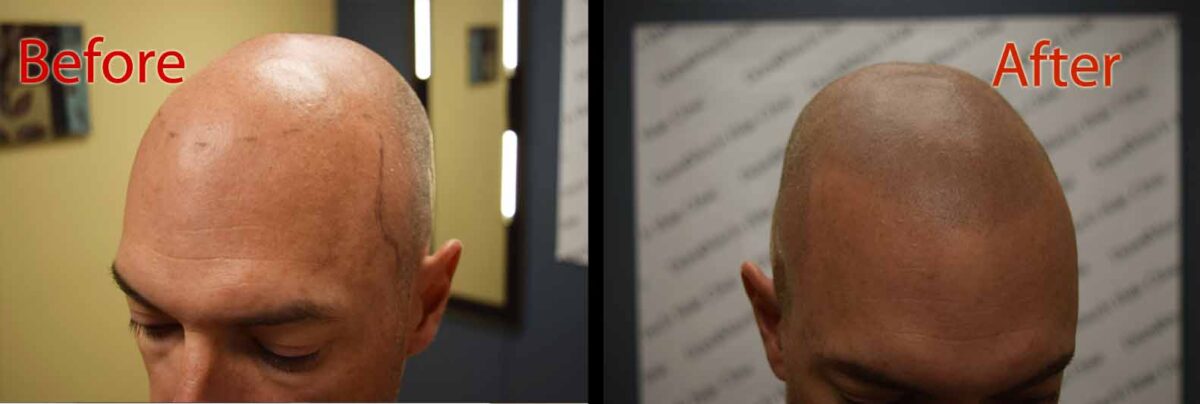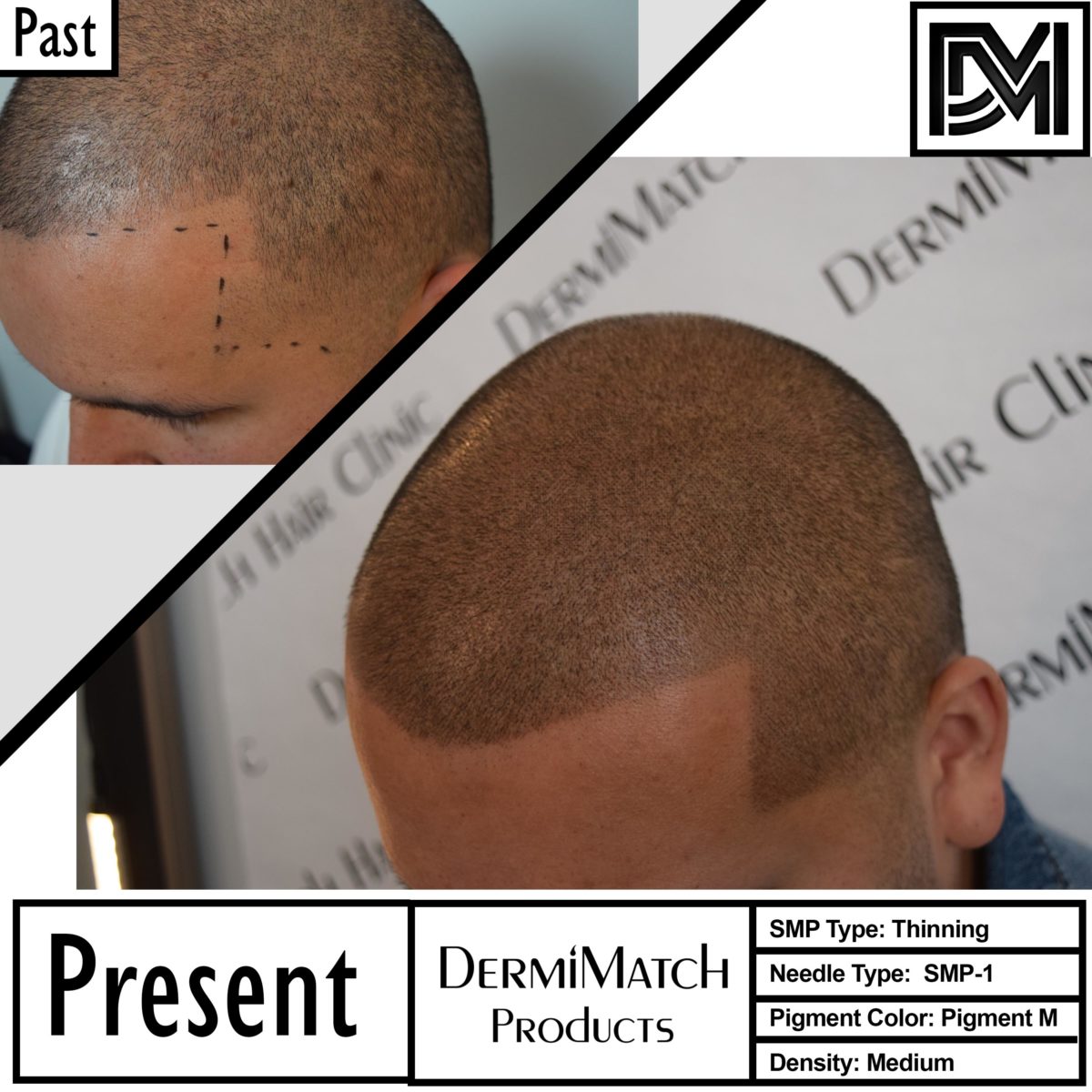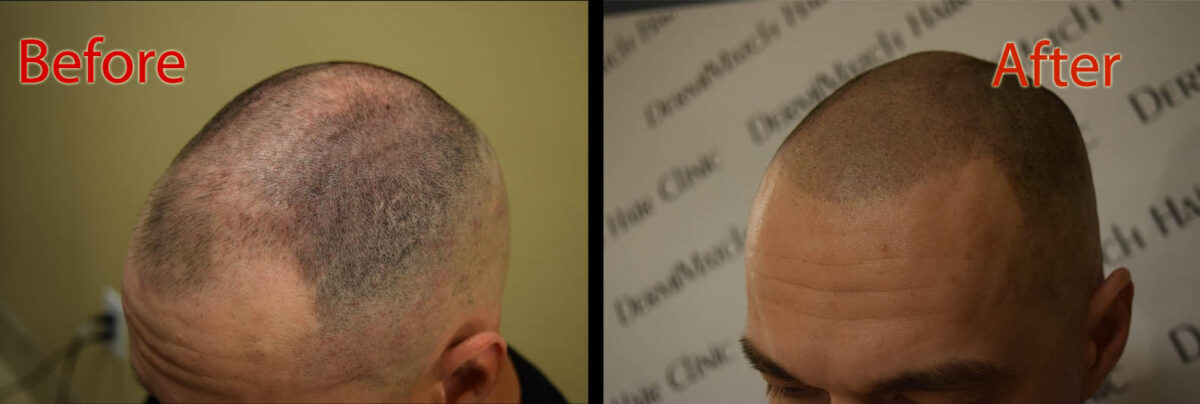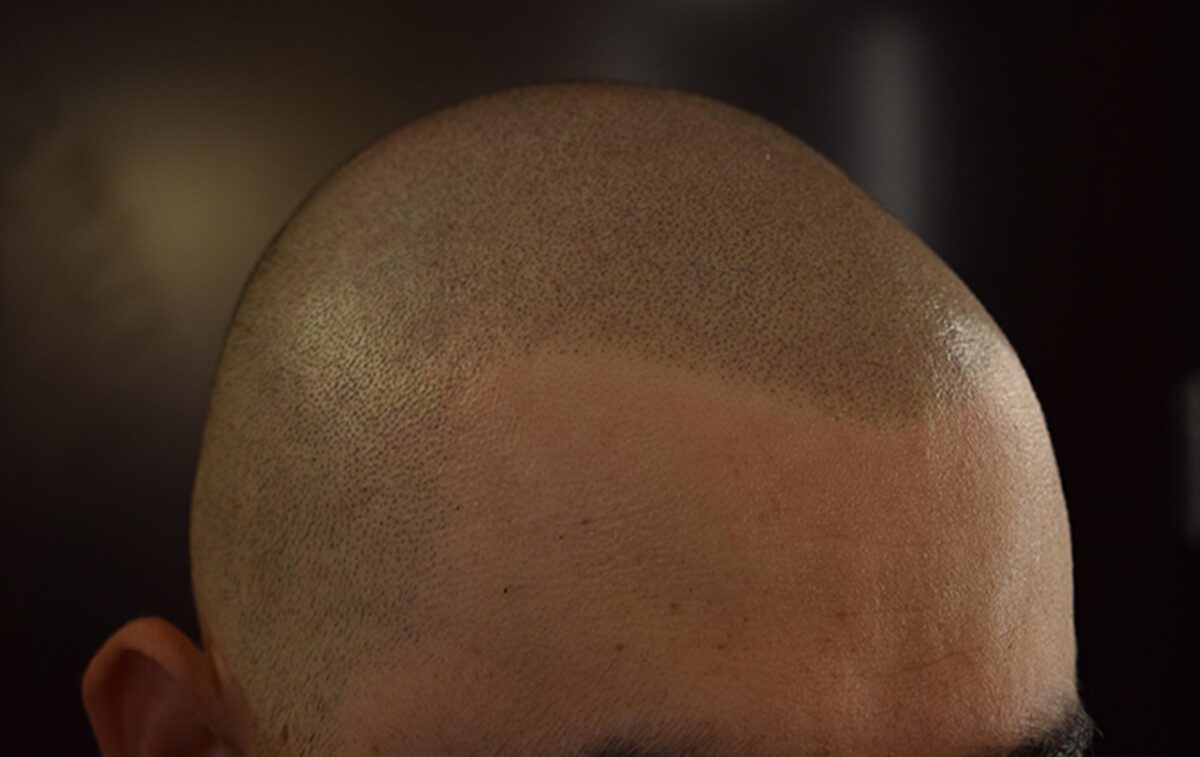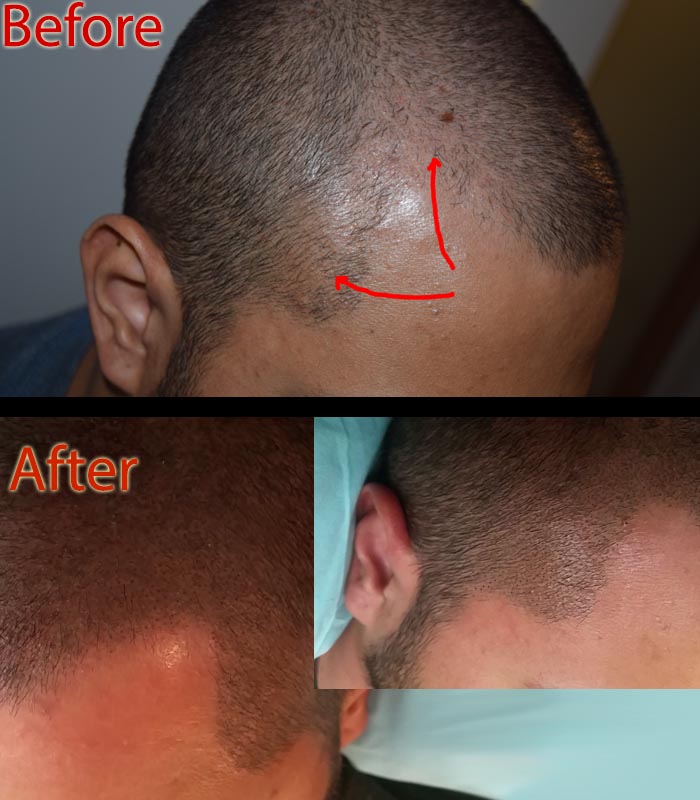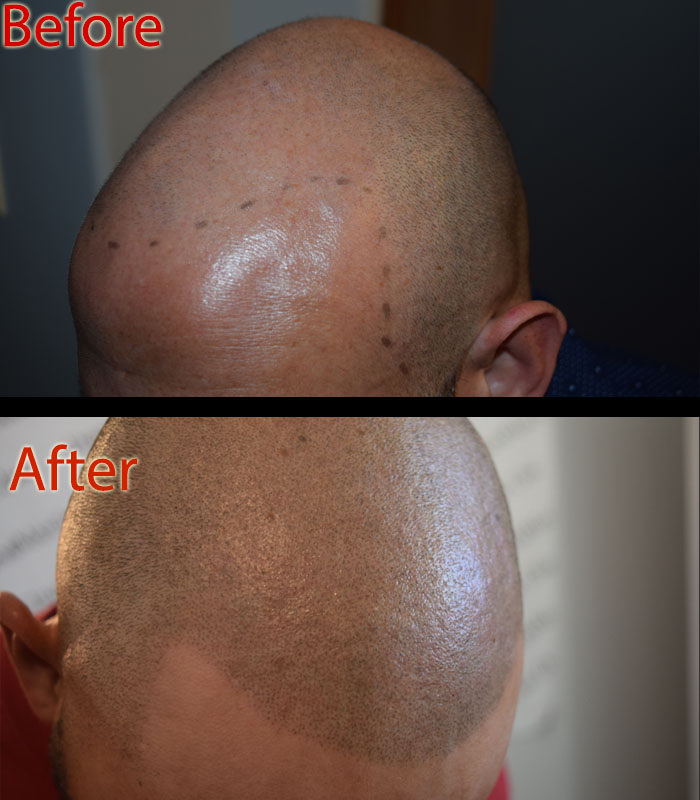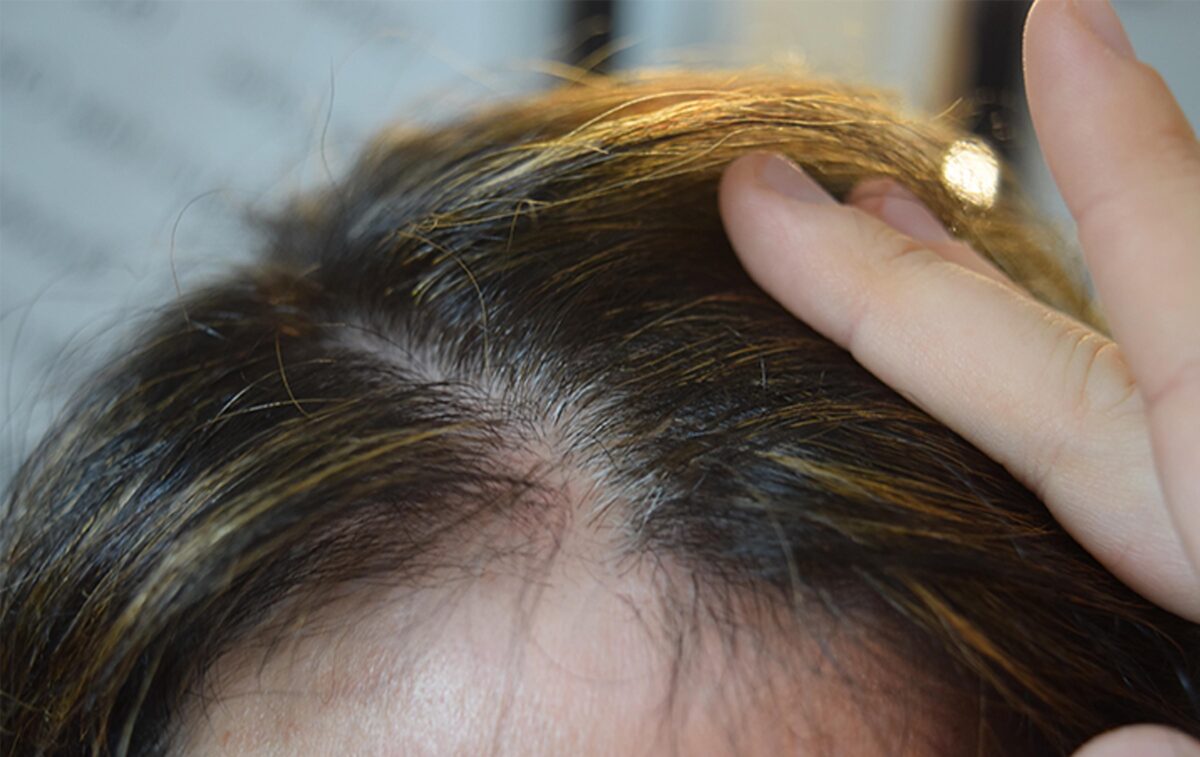Hair, often considered a crown of glory, plays a significant role in shaping our self-perception and identity. Beyond its aesthetic function, hair carries profound psychological weight. It’s a powerful symbol of youth, vitality, and attractiveness. Since hair affects self-esteem, it is a crucial component of your personality.
Hair Affects Self-Esteem: Is It True?
Our hair is often the first thing people notice about us, serving as a visual representation of our personality and style. A good hair day can boost confidence and mood, while hair loss or thinning can have a detrimental impact on self-esteem. For many, hair is synonymous with beauty, youth, and vitality. Loss of hair can therefore lead to feelings of aging, inadequacy, and a diminished sense of self.
Hair also plays a crucial role in social interactions. It can influence perceptions of attractiveness, professionalism, and overall social status. Hair loss can lead to feelings of self-consciousness and social anxiety, as individuals may fear judgment or negative attention.
The Impact of Hair Loss on Self-Esteem
Hair loss, regardless of its cause, can be a deeply emotional experience. It can lead to a range of psychological challenges, including:
Loss of confidence: Hair loss can significantly impact self-esteem and body image.
Social anxiety: Fear of judgment or negative attention can lead to social isolation.
Depression: In severe cases, hair loss can contribute to depression and other mental health issues.
Grief and mourning: Losing hair can be experienced as a loss of identity or youth. It can leave you with a deep emotional hurt.
These emotional challenges can have a ripple effect on various aspects of life, including relationships, career, and overall quality of life.
Scalp Micropigmentation: A Solution Worth Trying
Scalp micropigmentation (SMP) has emerged as a transformative solution for individuals experiencing hair loss. This non-surgical procedure involves depositing pigment into the scalp to mimic the appearance of hair follicles. By creating the illusion of a full head of hair, SMP can significantly boost self-esteem and confidence.
SMP offers a number of advantages over traditional hair restoration methods. It is a relatively quick procedure with minimal downtime, and it provides a natural-looking result. Unlike hair transplants, SMP does not involve surgery or the risk of scarring.
For many individuals, SMP is more than just a cosmetic procedure; it’s a catalyst for regaining confidence and improving overall quality of life if you are suffering from hair loss or thinning hair. By addressing the psychological impact of hair loss, SMP can empower individuals to feel more comfortable and confident in their own skin.
In conclusion, hair plays a multifaceted role in our lives, extending beyond aesthetics to influence self-esteem and overall well-being. While hair loss can be a challenging experience, solutions like scalp micropigmentation offer hope and restoration.
Get Help Now
But SMP can leave you with a memorable experience when performed by experts. Look for scalp professionals who know the craft well and have the skills to do it right every time.
Get help from DermiMatch scalp professionals in Arizona. They have been doing scalp work for years and helping restore self-confidence in clients.
Schedule a consultation now.

